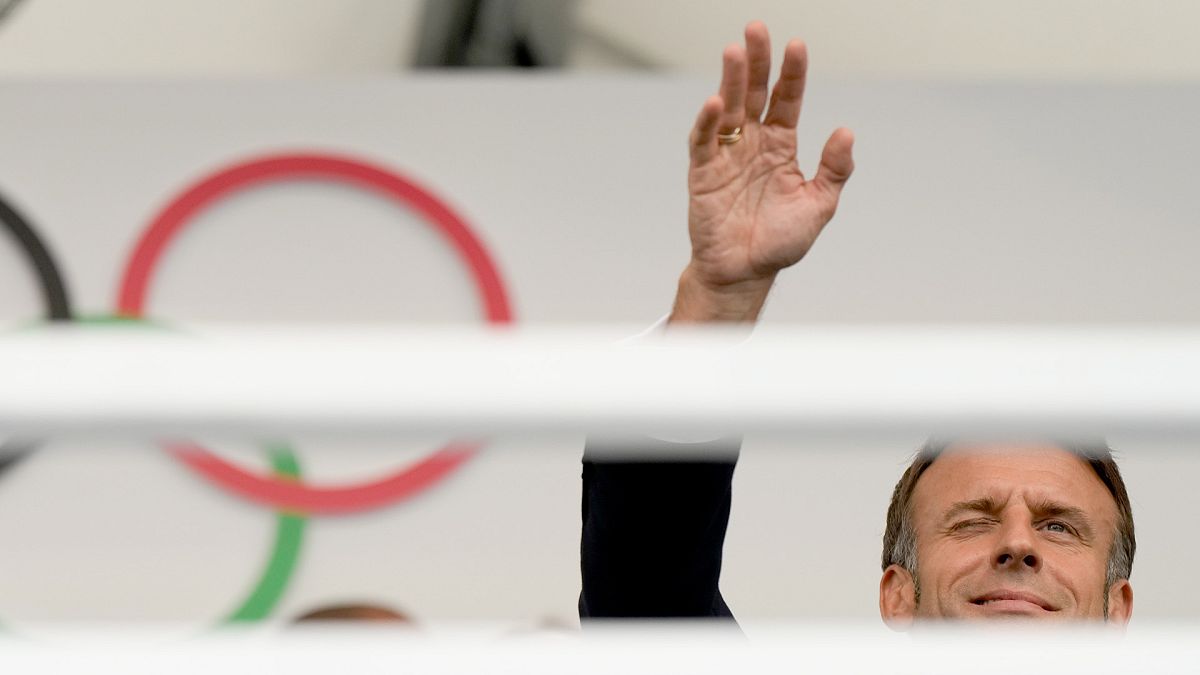As the Paris Summer Games come to a close, the political landscape in France is heating up once again. President Emmanuel Macron and his party are in a rush to establish a majority in order to nominate the country’s new Prime Minister. A little over a month after the snap parliamentary elections that caused chaos in the country, the political chess game is back in full swing. The Paris Olympics also marked the end of the political truce that Macron had previously worked out with other major parties. The resigning Prime Minister, Gabriel Attal, has sent a letter to various party leaders with a roadmap of six major points, including an overhaul of public finances, cracking down on crime, and strengthening public services. The clock is ticking as France’s national budget plan must be presented to the MPs of the National Assembly by the end of September.
The New Popular Front (NFP), a left-wing coalition that won the most seats in the snap election, proposed Lucie Castets as the new Prime Minister. However, Macron dismissed her nomination, sparking backlash from multiple MPs. According to institutional logic, the prime minister should come from the party with the most seats in parliament. Some politicians accused Macron of using the “Olympic truce” to buy time to form a coalition and pick a nominee of his choice. Despite the pressure, Macron aims to nominate a new Prime Minister by the end of next week. Castets has also sent a letter to MPs outlining her priorities, which include raising salaries and fairer taxation. The political turmoil in France continues as Macron and his party scramble to establish a ruling coalition and move forward with the country’s governance.
With the clock ticking and the pressure mounting, Macron and his party are racing against time to establish a majority in order to nominate the country’s new Prime Minister. The aftermath of the snap parliamentary elections has thrown France into political chaos, with the need for a legislative compromise and a ruling coalition among moderate right- and left-wing parties in parliament. The resigning Prime Minister, Gabriel Attal, has laid out a roadmap with six major points, including an overhaul of public finances and a focus on strengthening public services. Despite acknowledging the difficulties in reaching agreement on all points, Attal has called on MPs to overcome their disagreements and work towards a common goal. Macron’s goal of nominating a new Prime Minister by the end of next week has faced resistance from the left-wing coalition, NFP, and its nominee Lucie Castets, who has outlined her own priorities for a new government.
As the political drama unfolds in France, the race to establish a ruling coalition and nominate a new Prime Minister intensifies. Following the end of the Paris Summer Games, the political truce that Macron had established with other major parties has dissolved, leading to a renewed push for political negotiations and compromise. Despite facing challenges and resistance from various political factions, Macron is determined to move forward and secure a majority to support his choice for Prime Minister. The coming weeks will be crucial as France navigates through the aftermath of the snap parliamentary elections and the need for a stable government to address key issues such as public finances, crime, and public services. The future of France’s governance hangs in the balance as political leaders work towards forming a coalition and charting a path forward for the country’s leadership.











